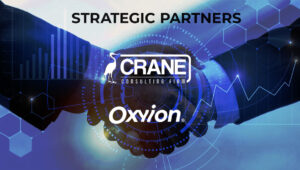“Globally, business executives say that 40 percent of innovations over the last five years have had a positive impact on their business’ bottom line.”
GE Global Innovation Barometer 2018.
Thomas D. Dee II, Professor of Organizational Behavior at the Stanford Graduate School of Business, explains that most acquire intelligence by learning basic tasks and skills, mastering them, and then moving on to learn more advanced skills that can be used on more difficult problems and tasks. Innovation is key. Successful and long-standing businessescontinuously innovate, learn, and improve the way things are done. While innovation alone is great in theory, do organizational leaders and mid-level mangers charged with execution clearly understand the measured integration approach and impact on the bottom line?
Amazon.com contains almost 1,000 entries for the term organizational learning and 11,925 for innovation. Google has 802 million entries for the word innovation and 2.5 million for organizational learning. The pressure to continuously improve is the reason companies embrace the total quality management movement and provide the impetuous for U.S. organizations to annually invest billions (some estimates are more than $80 billion) in training and education.
The phrases learning organization and continuous improvement have become management clichés. Nonetheless, relatively few companies embrace management practices required to help them get smarter. Some of the things they need to do to learn are counterintuitive or at least inconsistent with conventional wisdom and common management practice.
Consider the research of Amy Edmondson, a professor at Harvard Business School, and her colleagues, who studied how hospitals and their employees acquired and implemented new knowledge and techniques. Because medicine is always changing in response to new research, pharmaceutical products, procedures, and equipment, learning about new science and practice, as well as mastering new equipment and techniques is fundamental to the practice of good healthcare.
Knowledge-based technology and products are smart because they filter and interpret information to enable the user and manufacturer to act more effectively. Smart products, created by knowledge-based businesses, have the following characteristics: they are interactive, they become smarter the more you use them, and they can be customized. According to Harvard Business Review, enterprises at the forefront of understanding the benefit of knowledge-based technology, platforms and services will profit significantly when their customers and clients begin using their products/services and engaging in the learning process.
Contact The Crane Consulting Firm to help you harness your business learning today.








No comment yet, add your voice below!